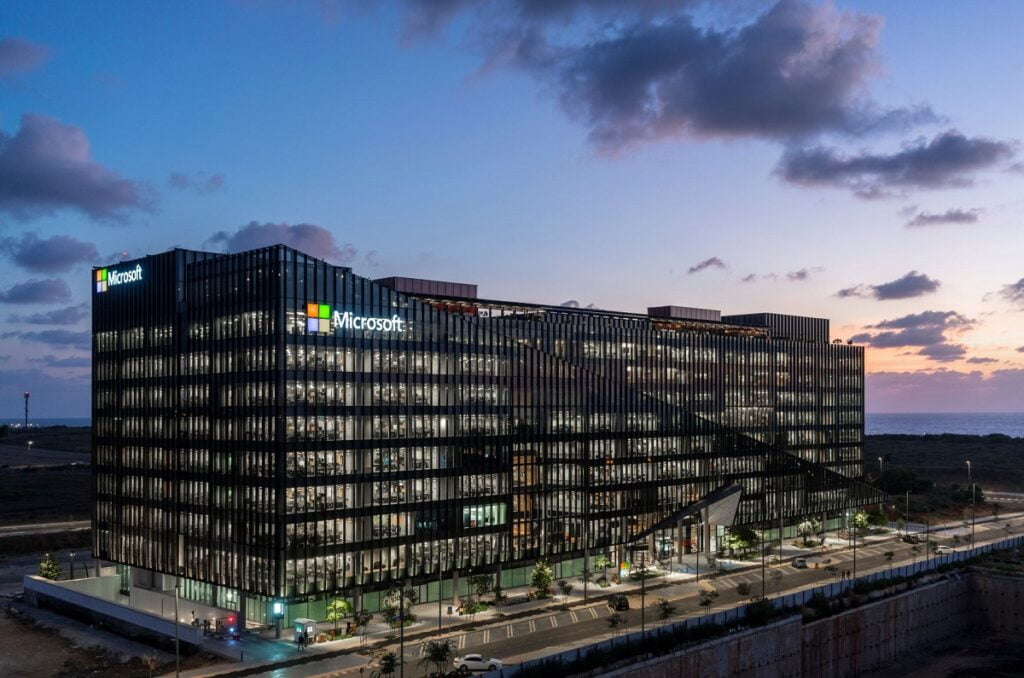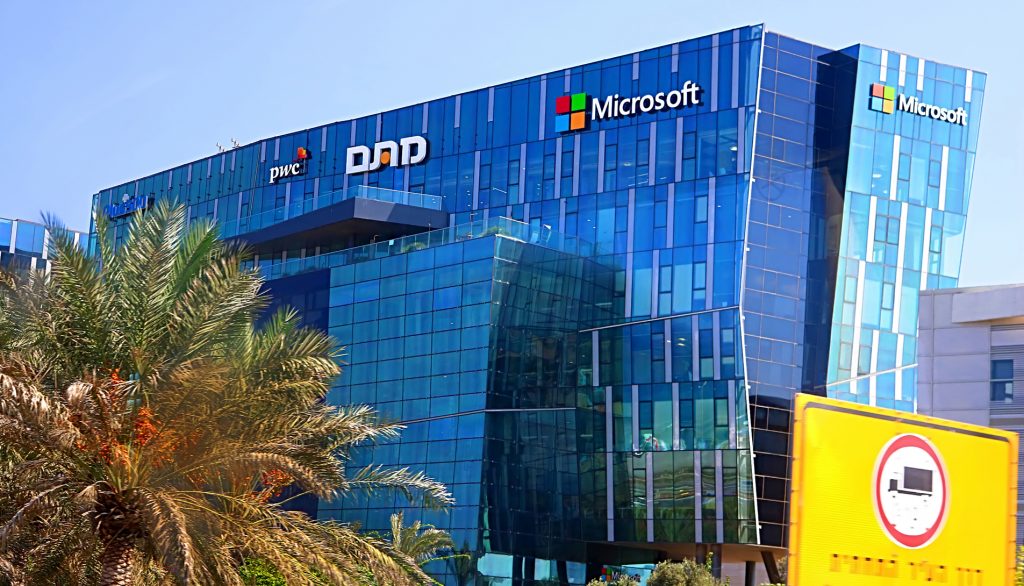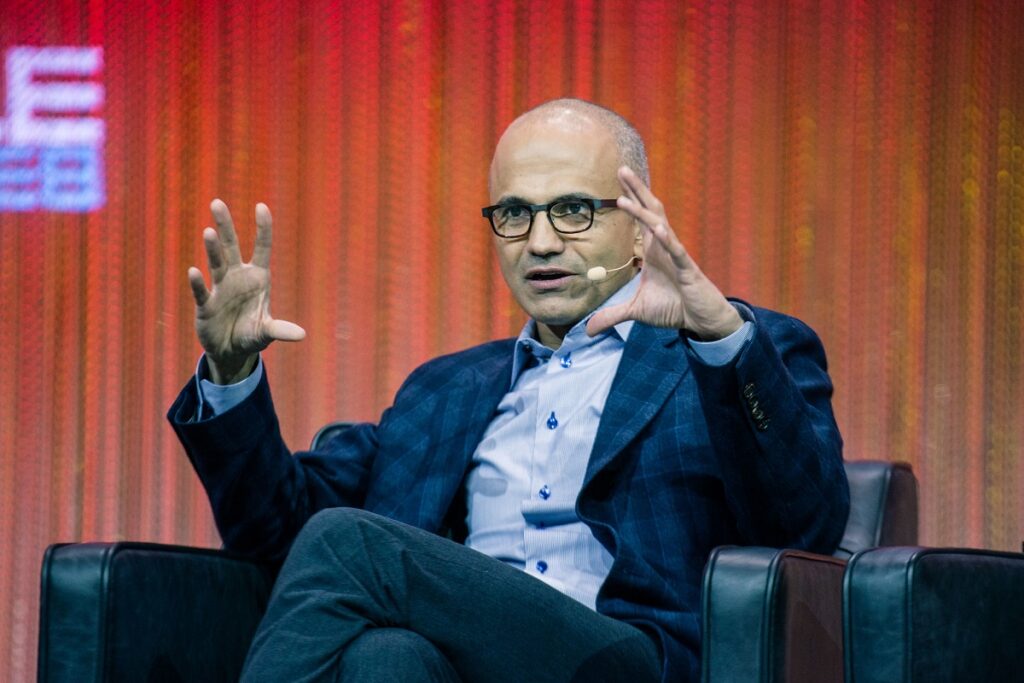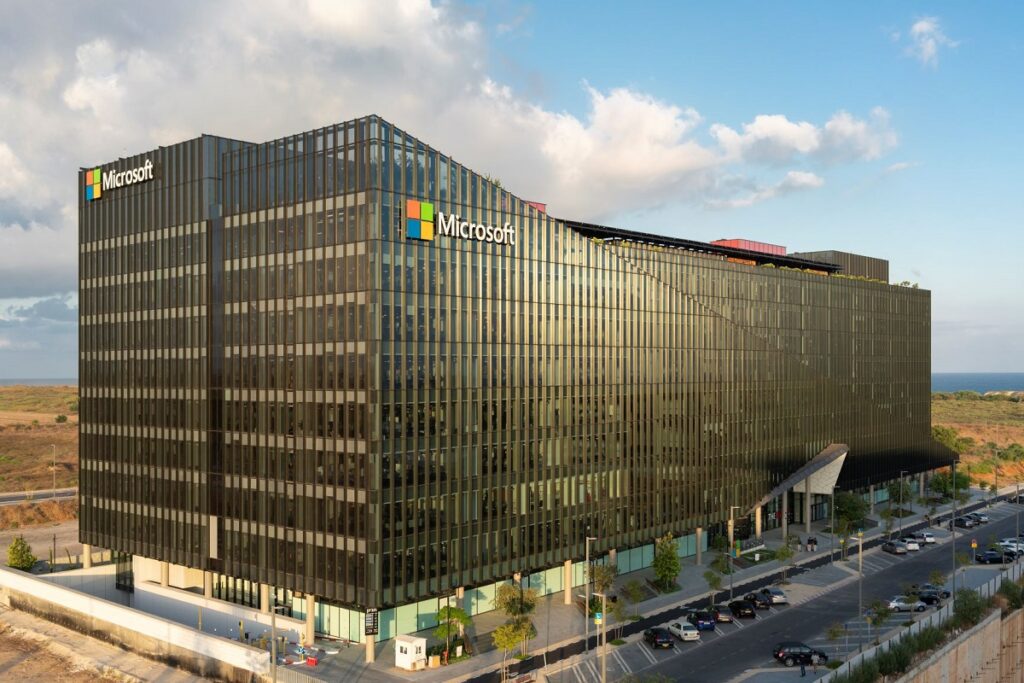Microsoft has announced it intends to double the number of employees in its research and development (R&D) department in Israel from 2,000 to 4,500 employees over the next four years.
The company said in a statement that it is currently working to recruit hundreds of new employees and that hundreds of positions are currently being filled from top management roles to senior engineers to interns.
This follows a year of substantial growth for the US tech giant in its Israeli offices. The number of R&D employees for Microsoft in Israel grew by 30 percent in the last 18 months, to more than 2,000 people across its sites in Herzliya, Haifa, Tel Aviv, and Nazareth.
Microsoft also announced it is opening five new locations in Israel to house the incoming employees. A new Tel Aviv office will be established to host more than 1,000 employees on a campus that will span 25,000 square meters. A new center will also be built in Herzliya to accommodate 1,000 employees. It will span 17,000 square meters and be built near the current campus that the company opened in the city last year.

This facility in Herzliya is the company’s flagship sustainable and accessible campus. The 46,000-square-meter building is the first in Israel to gain the highest level (3-star) Fitwel certification, which focuses on supporting a healthy workplace environment. It is also Israel’s first building to receive LEED (Leadership in Energy and Environmental Design) V4 Building Design and Construction Gold certification, ranking buildings’ sustainability, and environmental impact. The campus was designed with innovation, sustainability, accessibility, inclusion, and employee wellbeing in mind.
Meanwhile, two new development centers will also open next year in Jerusalem and Beersheba. The centers aim to expand the company’s geographic reach and include the sectors under-represented in the high-tech industry in Israel, like Ultra-Orthodox Jews, and Israeli Arabs.
The location of the fifth site is still being considered, influenced by key factors like workforce diversity, work-life balance and minimizing the commute time for those intending to travel to the office.

A study into the impact of Microsoft’s current hybrid work model revealed that most of Microsoft’s employees want to divide their work time between the office and remote work in offsite locations. The study also revealed the ability of Microsoft employees to choose ways to improve employee satisfaction and organizational flexibility.
“The establishment of the new development sites, along with the recruitment of thousands of new employees in Israel, is proof of Microsoft’s commitment and confidence in our technological impact and talented workforce. This expansion will help us grow, retain, and recruit the most talented people to build the most cutting-edge solutions. We want Microsoft to be accessible to any candidate no matter where they live, so establishing campuses in Jerusalem and Beer Sheva is especially significant,” said Michal Braverman-Blumenstyk, Corporate Vice President and general manager of Microsoft’s Israel R&D Center.
Sign up for our free weekly newsletter
SubscribeMicrosoft’s Israel R&D Center has more than 30 different product groups, playing a role in the development of many of Microsoft’s core products and advanced technologies, including data security, cloud services, big data, digital health, autonomous driving platforms, AI, and Surface devices.
Investing in Israel
In March, NoCamels reported that Microsoft was in talks to expand its operations and invest some $1 billion in Israel, citing a report in Israeli financial daily Globes.
The planned investments and expansion were discussed at the time in a call between Microsoft CEO Satya Nadella and then-prime minister Benjamin Netanyahu and should total between $1 billion and $1.5 billion, Globes said. The publication would not detail where it got the information.
Nadella is said to have told Netanyahu that Israel was “a very important development center for Microsoft,” amid ongoing talks between senior executives, the Prime Minister’s Office and members of the National Economic Council on the planned investment.

Microsoft benefits from a low tax rate of 6 percent on profits from its IP in Israel, a far cry from the official corporate tax of 23 percent, Globes reported. Smaller tech companies pay between 7.5 and 12 percent.
Microsoft first opened a local branch in 1989, establishing the first R&D center outside the US in the country in 1991.
The US tech company already announced plans to establish the company’s first cloud region in Israel last year to deliver services through a local data center. Microsoft was also planning to expand the company’s chips activity in Israel, according to Globes.
The announcement “marks an extremely important milestone in the company’s engagement with the Startup Nation,” Microsoft Israel General Manager Ronit Atad said at the time.
Related posts

Editors’ & Readers’ Choice: 10 Favorite NoCamels Articles

Forward Facing: What Does The Future Hold For Israeli High-Tech?

Impact Innovation: Israeli Startups That Could Shape Our Future




Facebook comments